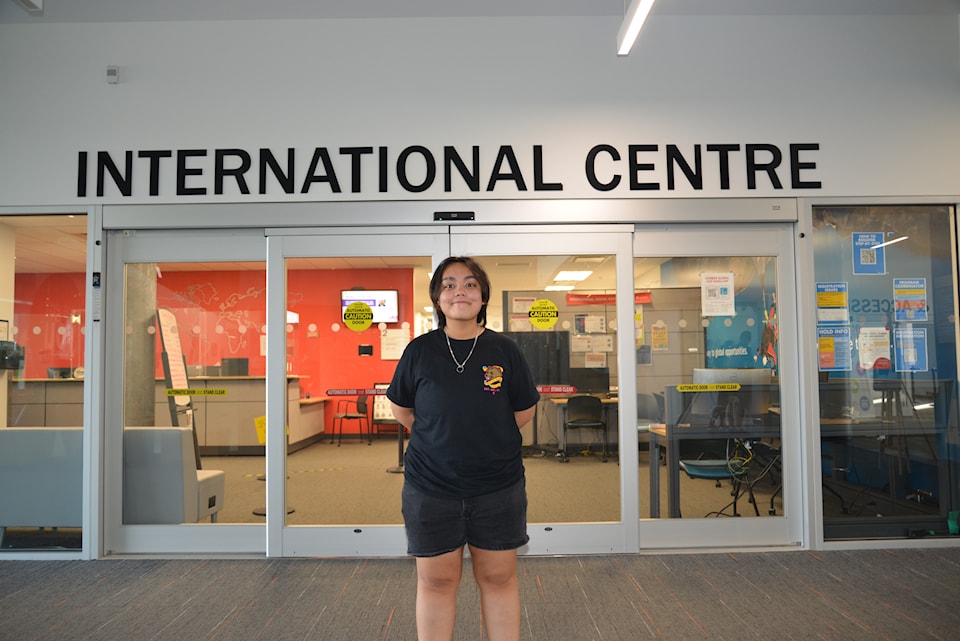International students want the same rights as domestic students because their expenses are the same and they pay more in tuition.
Chelsea Teng, a Humber student in the Business Marketing program, said every student should have equal rights and equal opportunities. A 24-hour cap does not make sense, especially if a student supports themselves, it does not suffice.
She is among about 10,000 international students who are enrolled at Humber Polytechnic.
Immigration Minister Marc Miller said on April 29 that beginning this month, international students in Canada are limited to working 24 hours per week off campus.
“Working off campus helps international students gain work experience and offset some of their expenses,” Miller said.
“However, first and foremost, people coming to Canada as students must be here to study, not work. We will continue to protect the integrity of our student program,” he said.
Adi Khaitan, the organizer at the Migrant Action Centre, said any restriction on work is “absolutely ridiculous.” They disagree with placing a restriction on work for international students.
“Migrants are already ineligible for most loans, grants and scholarships,” they said. “There is a lot of layers of inequity from what seems to be policies rooted in colonialism, homophobia and racism.”
Khaitan said people have come to them expressing significant distress.
“They [the government] can hold our healthcare hostage for us to comply and this is something they can only do to migrants, but if they were to do this to a citizen, this would be a major charter violation,” they said.
“In Newfoundland and Labrador, the Department of Children, Seniors and Social Development (CSSD) have policies stating that if you [migrants] were to apply for income support, they will call Immigration, Refugees and Citizenship Canada (IRCC) to file a report against you,” Khaitan said.
Alison Clancey, national director at The Global Alliance Against Traffic in Women (GAATW) Canada, said the policy reduces students’ economic stability and employment options.
“I find it very infantilizing, and I wonder if there are some racial factors at play,” Clancey said.

“When it suited the government, they increased the number of hours that international students could work during COVID due to labour shortage,” she said. “However, now ahead of the elections pandering, there is much anti-migrant, anti-immigrant rhetoric and sentiment.”
The government announced on Oct. 7, 2022, international students would be able to work unrestricted hours off-campus starting Nov. 15, 2022, to Dec. 31, 2023.
Clancey said the federal government needs to re-examine the policy around this and understand the role they are playing in being complicit to creating an environment where exploitation and trafficking can occur.
“Once you push students to accept cash-based employment, there is a whole other host of issues that can happen as well,” she said.
“International students working in the sex industry can be a cash-based job. It can be an underground job as well,” Clancey said.
“I could see how this policy could create an environment where the international students are turning to the sex industry to supplement the 24 hours, to work more hours and to make ends meet,” she said.



